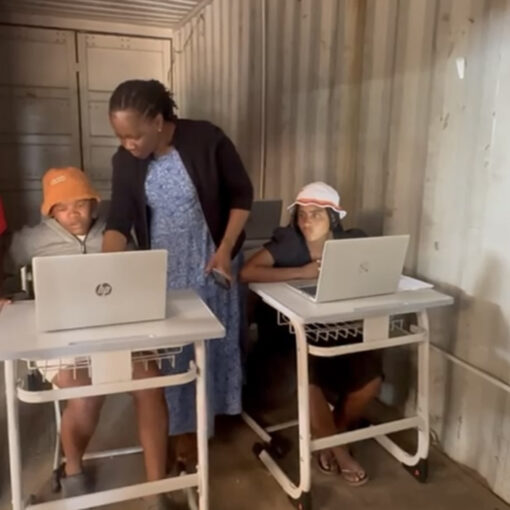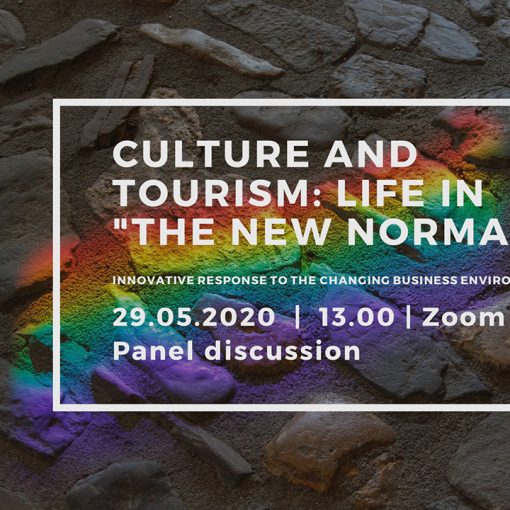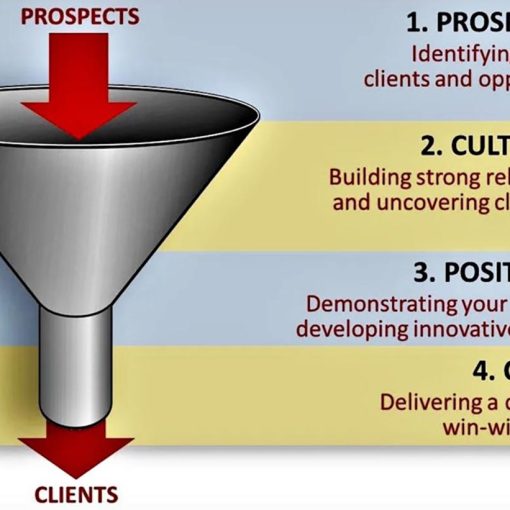As a tourism expert from Finland, I’ve always been curious about how tourism operates in different environments. So, when I had the chance to take part in an Erasmus+ staff exchange at the University of Algarve, I was excited to see how a small, sun-soaked destination like Faro manages tourism—especially compared to Finland, where the climate and culture are worlds apart. Over a week, I immersed myself in Faro’s tourism landscape, explored collaborative opportunities, and came back with some valuable insights. Here’s what I learned and a few tips for anyone considering a similar journey.
Faro’s unique approach to tourism
Tourism in Finland and Portugal may share common themes—like digitalization, cultural heritage, sustainability, nature, and well-being—but the ways these elements come to life can differ widely. In Faro, tourism feels seamlessly woven into daily life. Locals are incredibly welcoming, and there’s a strong sense of pride in their city and heritage. Faro doesn’t struggle with overtourism, which gives it room to grow in a thoughtful, sustainable way. It reminded me of the smaller destinations I work with in Päijät-Häme and Pohjois-Karjala, where we’re always looking for ways to stand out without overwhelming our communities.
Why international collaboration matters
One of the highlights of my exchange was working with my contact person at the University of Algarve (2024), Sílvia Fernandes, who was instrumental in making this experience so impactful. She introduced me to the university’s tourism research unit, CinTurs (2024), which coordinates fascinating projects on tourism, sustainability and well-being. Although I only met the research team briefly, I could see the potential for future collaboration.
Sílvia went above and beyond; she openly discussed a range of collaboration possibilities, from co-authoring research articles to organizing guest lectures and webinars. Her enthusiasm for partnership was inspiring and demonstrated the value of international academic networks. This experience reinforced for me why international collaboration is so essential in tourism.
![[Alt text: beautiful views from Portugal.]](https://blogit.lab.fi/labfocus/wp-content/uploads/sites/8/2024/11/883_2024_Learning-beyond-borders-tourism-business-in-Algarve-1024x541.jpg)
By exchanging knowledge, we can gain fresh perspectives and insights that aren’t always visible within our own borders. Faro’s approach to promoting its local culture and heritage, for example, sparked ideas for how we could do the same in Finland’s smaller, lesser-known destinations. And as I walked through Faro, experiencing its charm as a visitor, I realized that seeing a destination through the eyes of locals can reveal new angles for storytelling and destination marketing.
Returning to Finland, I’m inspired to apply some of the lessons I learned in Faro. The warm hospitality, the pride Faro’s residents feel in their city, and the collaborative spirit of my contact person at the University of Algarve are examples I hope to bring into my own work. I want to encourage small Finnish destinations to embrace their unique identities and explore partnerships beyond our borders.
Ultimately, stepping out of your own bubble, even for just a week, can reshape the way you see your work. It can spark new ideas, inspire collaborations, and build connections across countries. If you get the chance to participate in an Erasmus+ exchange or any similar opportunity, I say go for it.
Author
Minna Ahlstén works as an RDI Specialist and project manager in LAB University of Applied Sciences, mainly in projects related to technology and tourism. She is also involved in academic research and publishing.

References
CinTurs. 2024. Research Centre for Tourism, Sustainability and Well-being. CinTur’s webpage. Cited 31 Oct 2024. Available at https://www.cinturs.pt/site/index.php
University of Algarve. 2024. Welcome to the University of Algarve. University’s webpage. Cited 31 Oct 2024. Available at https://www.ualg.pt/en




